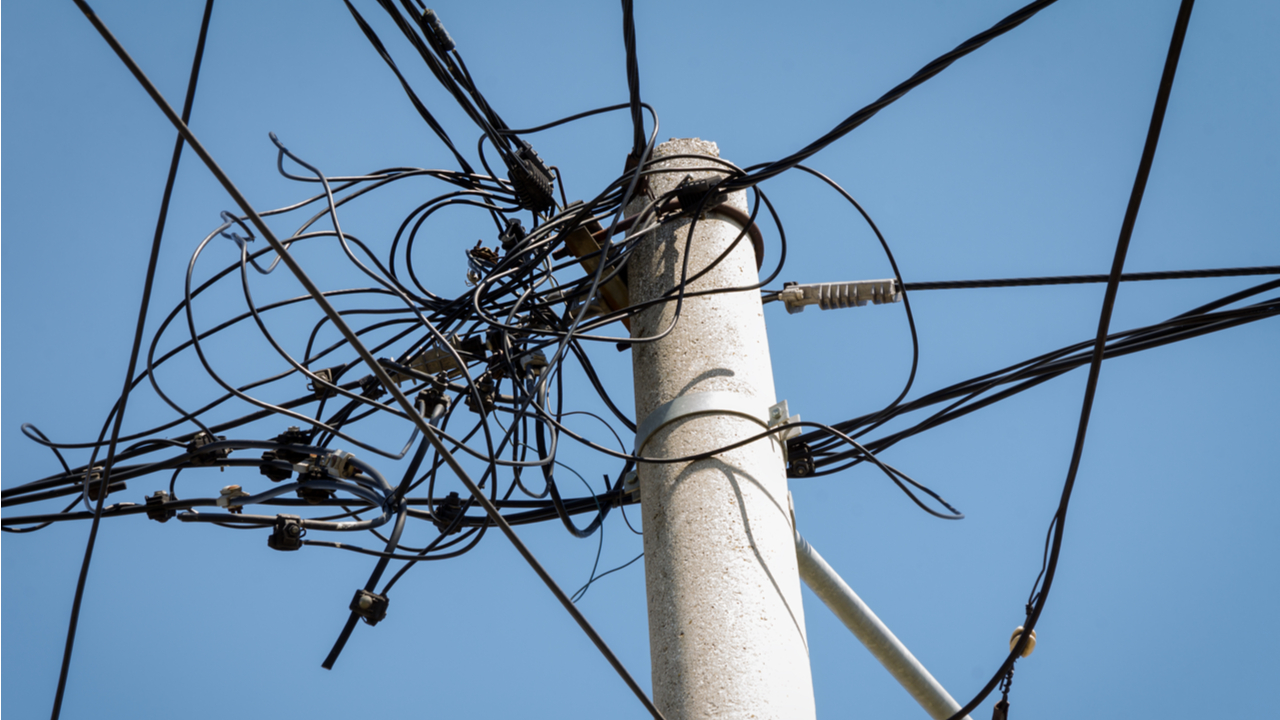Tags in this story
Alfredo Arguello , ANDE , Bitcoin , Bitcoin mining , mario abdo , Miguel Angel Baez , Paraguay , Paraguayan Congress , Pow.re , Senate , veto
all about cryptop referances

The growth of illegal bitcoin mining operations could affect the stability of the power system in Paraguay, according to statements from the National Power Administration. The boom the country is experiencing is taking its toll on the power system, with many miners connecting illegally and using large amounts of electricity without paying.
Paraguay’s popularity as a country with cheap power tariffs for bitcoin mining is damaging the electrical grid and could work against the stability of the country’s power system. ANDE, the National Power Administration, declared on October 28 that the recent boom in bitcoin mining has caused electricity consumption for the department in Alto Parana to grow enormously, with many operations connecting illegally to the grid.
According to Miguel Angel Baez, technical director of the ANDE organization, this has led the group to increase its vigilance in the zone, increasing surveillance operations to detect hidden connections on the border with Brazil.
However, Baez states that when the company detects and shuts down one operation, two more appear. Each of these covert operations can reportedly use the energy equivalent of what an apartment complex uses in a day.
This situation is not new for the area. The National Power Administration previously disconnected power to some miners who had committed power-related crimes. In August, Alfredo Arguello, head of the East Regional Management Division, stated that they had discovered irregularities, including direct connections, bypass connections and modified electricity meters, during inspection visits. The losses resulting from these irregularities reached $400,000 monthly.
The situation in the sector prompted the National Power Administration to oppose the fee proposed in a proposed cryptocurrency bill, which set the maximum fee to be only 15% higher than what is charged from other similar companies. At the time, the organization stated that it would support a possible veto of the law because of that consideration, and propose a new set of power taxes.
The cryptocurrency bill, which was supposed to bring more clarity to the bitcoin mining industry, was vetoed by President Mario Abdo on September 2 on the grounds that it was an energy-intensive activity with little demand for labor. The veto was rejected by the Paraguayan Senate on September 30, and Congress moved to pass the bill without presidential support.
Even with this happening, Paraguay is still considered an attractive destination for bitcoin mining companies. On October 14, Pow.re, a bitcoin mining company, announced that it had started construction on two mining facilities in the country that will handle 12 megawatts (MW) of hydropower.
What do you think of the warning about the rise of illegal underground mining operations in Paraguay? Tell us in the comments section below.
Image credit: Shutterstock, Pixabay, Wiki Commons
Disclaimer: This article is for informational purposes only. It is not a direct offer or solicitation of an offer to buy or sell, or an endorsement or recommendation of products, services or companies. Bitcoin.com does not provide investment, tax, legal or accounting advice. Neither the company nor the author is responsible, directly or indirectly, for any damage or loss caused or alleged to be caused by or in connection with the use of or reliance on content, goods or services mentioned in this article.